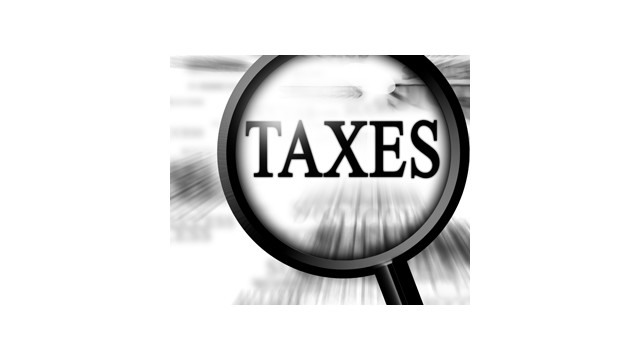Generally, your clients can deduct annual gambling losses, up to the amount of their winnings for the year. But you should not leave gambling loss deductions to chance.
Add on travel costs for gambling. The Tax Cuts and Jobs Act (TCJA) suspends the deduction for miscellaneous expenses from 2018 through 2025. However, unlike most other miscellaneous expenses that don’t fall neatly into another category, you can still deduct gambling losses up to your winnings. Key change: Under the TCJA, the definition of deductible expenses is expanded to include travel costs to and from gambling venues, like casinos and racetracks, for 2018 through 2025.
Don’t show a losing hand. Normally, deductions for gambling losses are limited to the amount of winnings, but this restriction doesn’t apply to professional gamblers. If you’re in the “business” of gambling, you can write off the full amount of your qualified expenses. In a new case, a taxpayer spent most of his spare time watching videos about poker playing, studied books on poker and listening to poker podcasts. But the Tax Court ruled that he wasn’t engaged in a gambling business mainly because he had a full-time job (Zalesiak, TC Summary Opinion 2019-16, 7/15/19).
Taxes aren’t just for fun. The IRS keeps an eye out for unreported gambling income. Typically, you must report income received above $600 for the year. The fact that you’re just a “casual gambler” or only pocket a relatively small amount of cash doesn’t matter. In a new case, the Tax Court upheld a deficiency based on winnings of less than $3,000 that a taxpayer failed to report on his return. The fact that he considered his gambling activities to be a mere “amusement” didn’t sway the Tax Court (Arseo, TC Summary Opinion 2019-8, 5/2/19).
Thanks for reading CPA Practice Advisor!
Subscribe Already registered? Log In
Need more information? Read the FAQs




